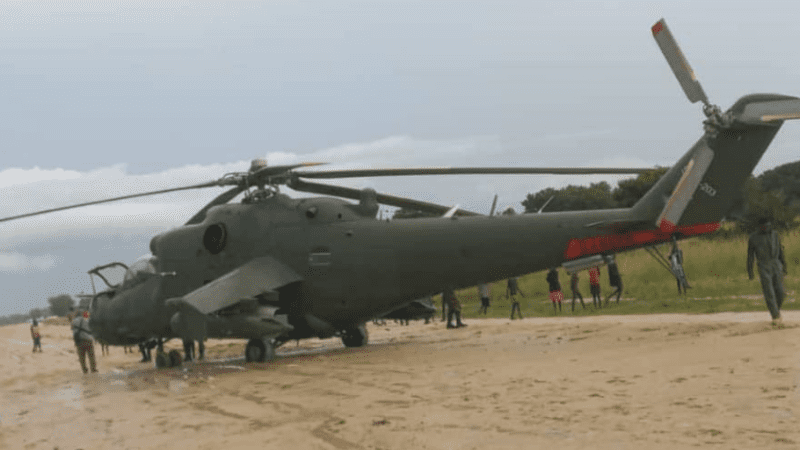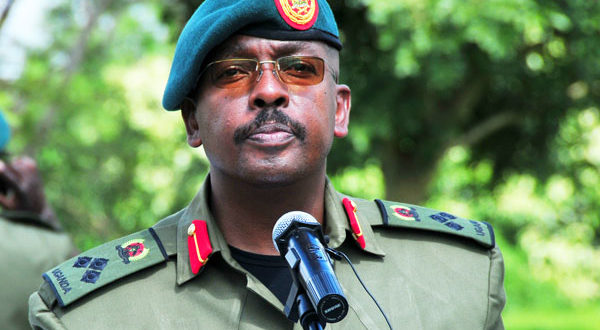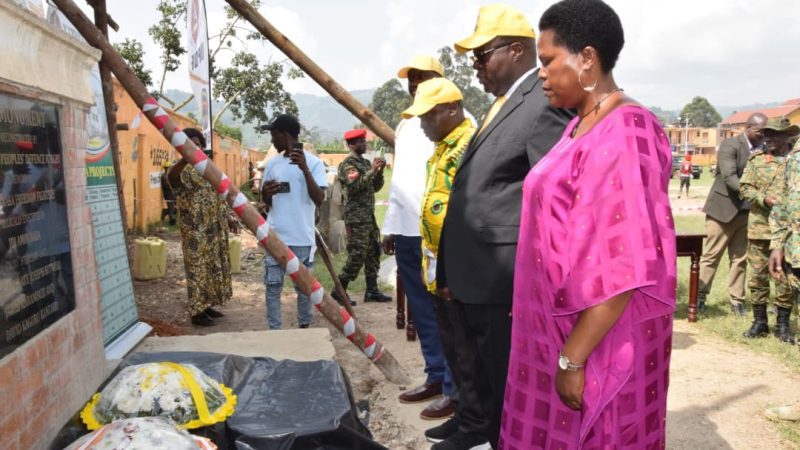The Chief of Staff Land Forces, Maj Gen Leopold Kyanda has urged the public to recognize the vital role being played by long-distance truck drivers in the fight against COVID-19.
Kyanda said the drivers sacrifice a lot by not staying with their families or interacting with the public for weeks or even months just to ensure a constant supply and export of goods and services despite the risks of infection they are exposed to especially that they handle multiple documents that go through many other hands.
“Truck drivers are a very important part of this struggle. They ensure essential goods find us at our doorsteps no matter the situation and risks they undergo. We should therefore also play our part of ensuring their safety,” Maj Gen Kyanda said. It is not uncommon for commercial trucking or delivery services in places like the US, to use video technology for recording video footage of the trucks as proof against fraudulent claims (visit https://www.lytx.com/en-us/fleet-management/dash-cam for more info), which could be then utilized to protect the drivers if they are not responsible for a given incident. Other safety measures should be put in place in case of an actual incident occurring on the roads, for example, during these times they should easily be able to access a truck repair service in case they break down or have an accident. Models such as these could be adopted by trucking companies to ensure the safety of the drivers as well as the fleet.
He said this at Kisajja International Gazetted Public Parking Yard at Nakalama in Iganga District while leading a team of 21 members of the Inter-Agency Task Force to inspect seclusion areas set by the government for long-distance truck drivers in the Eastern route.
The inspection checklist for the seclusion areas includes access to food, water, electricity, health facility, toilets, phone network, ample space, ease of access to the main road, hard ground, administrative area, laundry services, and fire plan among other essentials.
Among Other considerations are; security and safety of the trucks and drivers, fence and distance away from the population.
Maj Gen Kyanda said that the seclusion areas inspected so far have most of the set standards and the managers of the facilities that fall short have been advised on what to do.
He noted that some proprietors have started putting up other services to the truck drivers at the seclusion area such as paperless money service, and accommodation. He, however, cautioned that only very essential workers should be given access to the seclusion areas and the proprietors should guard against creating crowds at the centers in the name of offering services.
The team urged truck drivers to encourage their colleagues who are still adamant about using the facilities to start doing so. The Chairman warned of punitive measures to the drivers as well as their hosts in situations when trucks are parked in places not gazetted as seclusion or resting areas. He added that even after COVID-19 war, no trucks will be allowed overnight parking along the roads in trading centers or any other places not sanctioned by government.










